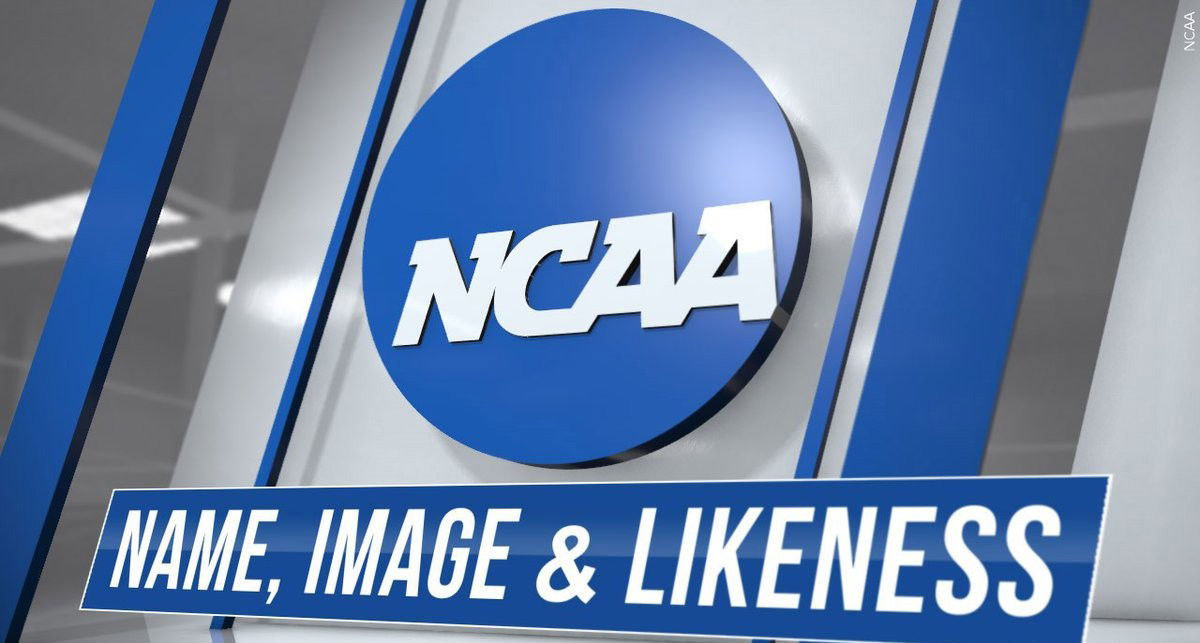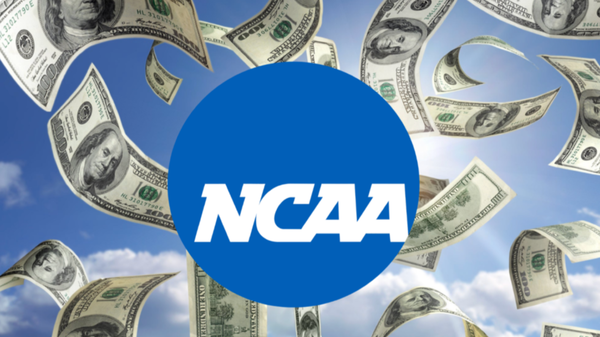
Imago
Mandatory Credits: via MGN

Imago
Mandatory Credits: via MGN
College football’s power brokers thought they had finally built a fence around the Wild West that NIL had become. With the House settlement approved in June, the College Sports Commission rolled out NIL Go, a Deloitte-backed compliance tool where every deal above $600 had to pass the smell test. On paper, it was a perfect plan. In reality, coaches, collectives, and athletes are treating it like a traffic light at midnight – optional. But the fireworks didn’t stop there.
Watch What’s Trending Now!
In a Sports Business Journal article published on October 3, one anonymous Power 5 athletic director lit a stick of dynamite under the entire system. He torched collectives with a bluntness rarely heard in boardroom politics. “Collectives aren’t businesses and should be eliminated. They are modern-day money-laundering schemes to induce players into the portal and pay them under the table,” he said.
“The problem with the process is that there’s no way to know if all deals are even put through the vetting process, so those who have always stepped over the line continue to do so. Look no further than whoever makes the CFP.” That’s an uppercut, and he’s not alone.
ADVERTISEMENT

Imago
Mandatory Credits: Jake Eisner, Stanley He, and Mahir Singal/LinkedIn
Another AD chimed in, “I wish the cap would be upheld and we permanently rid ourselves of collectives. Revenue sharing and a cap enhance transparency, create parity, and reward shrewd business sense and strategy.” Meaning without a framework, the rich just keep getting richer. So if you thought this new NIL order meant peace in the valley, think again.
Even as NIL Go was pitched as the sheriff in town, insiders admit the software feels more like a bottleneck than a solution. According to FOS, at least two collectives have already begun paying athletes before approval. Others admitted that deals weren’t being logged at all. One ACC source said flat-out, “I have deep concerns as to the longevity of this system.” In short, when the system is this broken, even the rule-followers are tempted to turn outlaw.
ADVERTISEMENT
The problems that NIL collectives can bring
Since mid-June, when NIL Go officially launched, players and agents have complained of deals sitting in purgatory for weeks or months. In fact, about $11 million in NIL deals are reportedly stuck in the pipeline. That’s a business-killer. Two SEC collectives told FOS they’ve started paying players while deals are still pending, while an ACC collective said they were days away from doing the same. Some players aren’t even bothering to submit deals at all.
ADVERTISEMENT
One SEC source revealed that out of nearly 70 August agreements, only about 20 ever made it to NIL Go. Why? Athletes didn’t know how to use the system, didn’t care to, or feared their deal would get denied. Worse yet, there’s no reliable way for collectives or brands to confirm approval once a deal is submitted. As the source bluntly put it. “It’s creating a very uncomfortable situation for everybody involved.”
So here we are. A system designed to restore order now looks like quicksand. The question is no longer whether NIL Go will hold. It’s whether college football’s leaders can survive the fallout when it collapses.
ADVERTISEMENT
ADVERTISEMENT
ADVERTISEMENT
.png)
.png)
.png)



